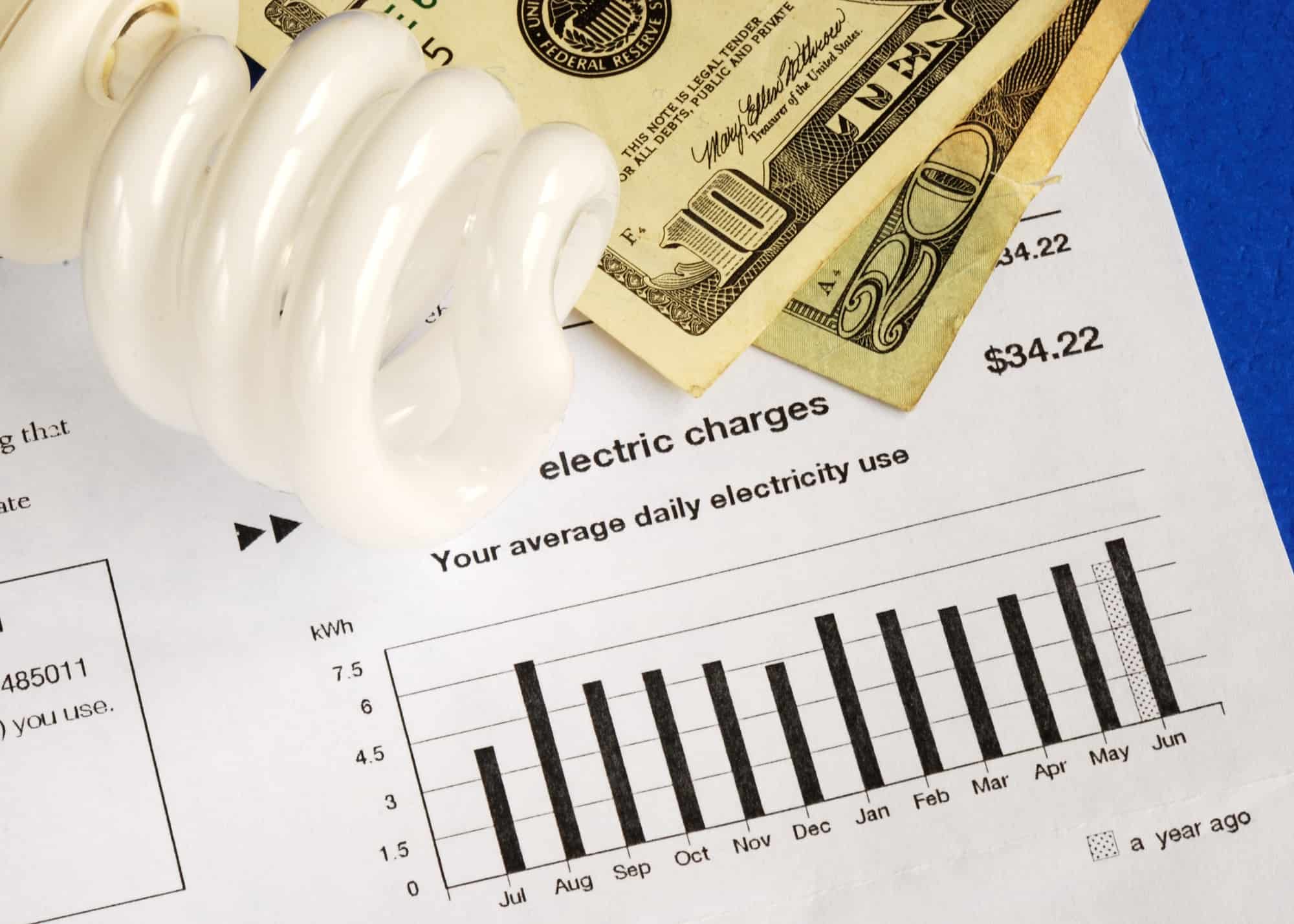The average American spends over $120 per month on their energy bill, but that’s sure to increase with inflation soaring.
If you’re one of the countless families struggling with the rising cost of electricity, you’re probably wondering how to reduce your energy bill. Sadly, there’s little you can do to control the actual cost of utilities, so you’re going to have to look at little things you can do to lower your own energy consumption.
In this post, we’re going to help you out by telling you some of the surefire methods available to lower energy costs. Home savings is going to be a top priority of homeowners all over the country in the coming months and years. Keep reading, and you’ll have a clear path to dealing with the energy crisis on your own terms.
Adjust Your Energy-Using Behavior
The first thing to do is to conduct an energy audit on yourself. Once you know why and how your energy bill is so expensive, you can adjust your own behaviors to rectify the situation.
There’s so much you can do to use less energy, from washing your clothes in cold water and air drying them to turning off lights when you leave a room. We live in a time when every convenience is available to us, but we don’t realize that it comes at a cost.
Pay attention to how long your showers are, don’t turn the heat or AC on unless necessary, and unplug electronics you aren’t using. It’s all about being mindful of when you’re unnecessarily consuming energy in your home.
The Little Things Count
When you start paying attention to your own energy usage, you’ll see how much the little things really do count. Making small changes, like switching out your lightbulbs with energy-efficient LED ones, may not seem like it would help, but it does.
Purchase smart power strips for your electronics. Our electronics consume energy even when not in use – called “phantom energy.” According to the Department of Energy, phantom energy makes up 5-10% of our residential energy usage.
A programmable thermostat is a great way to get better control over your HVAC system. You can set it so that your heating or cooling kicks in at certain times of the day or in certain rooms rather than using it all day in every part of your home.
Purchase Energy-Efficient Appliances
Your appliances make up a significant portion of your energy usage. When purchasing new appliances, there are two things you’ll want to pay attention to – the purchase price and the operating cost.
Energy-efficient appliances may cost a bit more out of the box. When you start using them, you see real savings, making them far more cost-effective in the long term.
Always look for the Energy Star label as you’re buying new appliances. This guarantees that your appliance uses less energy, both when it’s in use and when it’s on standby than traditional ones. Each Energy Star appliance that you implement will take your monthly bills down that much more.
Insulate Your Home
It’s no secret that your HVAC system has a significant impact on your energy bills – up to 50% of your monthly energy expenses. You can install a brand new HVAC system, but if your home isn’t equipped to contain heating and cooling, it will still cost you.
Before you invest in HVAC, look at the insulation and windows in your home. A lot of the temperature can escape through a poorly insulated attic and thin windows. Spending a few thousand dollars to improve these things will save you plenty more over the next decade, not to mention the value it adds to your home.
Upgrade Your HVAC System
With better insulation and windows in your home, it’s time to consider upgrading your HVAC system to an energy-efficient one. When shopping for an HVAC system, as with your appliances, you can look for an Energy Star label, which usually comes with a good SEER rating as well.
The other important aspect of an HVAC system is ventilation. If your home has poor ventilation, you will have similar issues to those we mentioned above with insulation and windows. Ducts that aren’t sealed or insulated can result in massive amounts of energy loss.
Another thing to consider is the importance of duct and HVAC cleaning. For instance, you will need to change your HVAC filters at least every 90 days, or the performance will suffer. The harder your system works to heat or cool your home, the more your energy bills will be. Also, consider reliable furnace repair solutions in Cincinnati, when needed.
Invest in Solar Power
Solar power is still something that scares homeowners, although it’s been steadily growing over the last 20 years. There’s no better way to reduce your energy bills than to be completely self-sufficient with solar panels.
Homeowners still hesitate to opt for home solar panels because of the up-front cost. What you need to realize, however, is that the incentives and rebates could cover up to 50% of the installation price. See here now to gain a better understanding of how these costs work.
Every homeowner who installs solar panels is entitled to the federal ITC, which returns 30% of the installation cost through tax breaks. Some states offer similar benefits, and there are various other incentives to look into as well.
You also have to account for the fact that your energy bills won’t exist anymore. Most solar panel systems pay for themselves in 7-10 years.
Now You Know How to Reduce Your Energy Bill
Learning how to reduce your energy bill takes dedication. You have to change your own behavior while making the right investments in energy-efficient appliances. If you take all of this into account, however, you can easily combat rising energy prices. Did you find this post helpful? Visit us again for more informative content on entertainment and technology.
